Time to read: 4 minutes
Article at a Glance:
- Perspective over permission: At Redmond, we prioritize gathering insights and alignment over seeking approval, moving with intention and shared understanding.
- Collaboration strengthens decisions: We zoom out, listen deeply, and include those closest to the work to create thoughtful, ecosystem-aware choices.
- A culture of shared ownership: By seeking perspective, not permission, we foster integrity, trust, and a collective commitment to win-win outcomes.
At Redmond, we like to say you don’t need “permission” to do something. But that doesn’t mean we just do whatever we want.
What it does mean is that we don’t rely on top-down approval or formal gatekeepers to move things forward. We trust each other to move with intention, not impulse. And we shift the question from, “Do I have permission?” to, “Do we have enough perspective?”
The tricky part is that asking for permission and gathering perspective can look similar on the outside. They both involve talking to different people. The difference is the intention. Are you seeking permission to run with your idea, or are you gathering perspectives to make sure you’re aligned and make your idea even better and more helpful?
With that intention in mind, here’s a look at how we can gather more perspective:
Collaboration Over Control

In a collaborative culture (the kind we’re always striving to build) decision-making isn’t a solo act. It’s a shared responsibility as we all work toward our common mission.
When a new idea, change, or decision is on the table, we pause and ask:
- Have we talked to the right people?
- Have we gathered the perspectives that matter?
- Who else might see something we don’t?
And if we’re not sure, we ask around. Not for approval, but for insight.
Zooming Out, Listening In
The more a decision might ripple outward and affect people, systems, or resources, the more important it is to zoom out, gather more perspectives, and hear from others. We’re not just covering our bases. We’re honoring the ecosystem we’re part of.
That’s what makes this culture work. We don’t wait for a “yes” from above. We move with clarity, care, and collaboration. We pay attention to what’s happening upstream and downstream. And we make sure our direction aligns with our core values and mission: to elevate the human experience.
The Harder Path (That Leads Somewhere Better)

This isn’t the easy route. In fact, it’s often more challenging than following a traditional chain of command. It asks us to:
- Stay aware
- Speak with both candor and consideration
- Share the weight of our choices
As David Marquet writes in Turn the Ship Around, “Don’t move information to authority. Move authority to the information.”
(We’re not huge fans of the word authority, but you get the point.)
The people closest to the work, with the clearest view of the details, should help shape the direction. On our teams, we help make sure our teammates have what they need: context, feedback, values, and trust.
Win-Win or No Deal
One of our guiding principles in business is win-win or no deal. That means any meaningful decision should be good for the company, for our customers, and for the people doing the work. When we start from that mindset, we open up space to make thoughtful adjustments that help us create the best imaginable outcome.
And if we can’t find a true win-win? Then no deal is an option, too.
Perspective as a Way of Being
When something meaningful is at stake, we don’t ask, “Who’s in charge?” We ask, “Who has helpful perspective?”
And we bring those insights together.
Perspective over permission isn’t just a process, it’s a way of being. It helps us move with integrity, curiosity, and shared ownership. It protects us from blind spots, leads to better solutions, and keeps us grounded in the bigger picture.
Once we roll out a change, launch a tool, or ship a new product, our hope is that so much perspective and care went into it that no one can quite remember whose idea it was, because it truly became a group effort.
So next time we’re facing a decision, let’s not wait for someone to say “go.”
Let’s look around, loop each other in, and ask:
“Do we have the perspective we need?”
We move together, not by asking for permission, but by seeking understanding.


